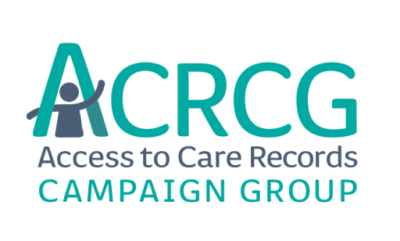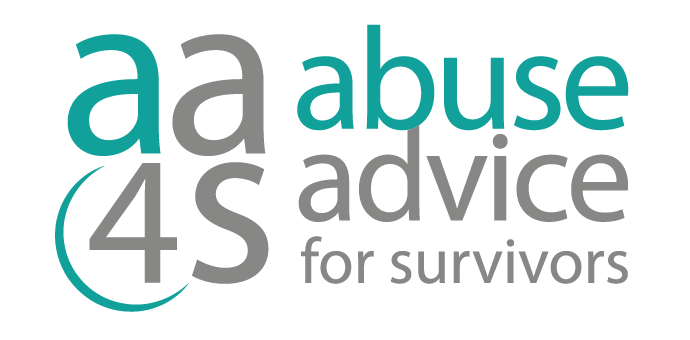
The Access to Care Records campaign is an ongoing effort to amend the law to allow care leavers full access to their care records.
Peter Garsden, is a member of the Access to Care Records Campaign Group (ACRCG), which includes significant people such as Jim Goddard of the Care Leavers Association, Baroness Lola Young, Leonie Jordan of Coram BAAF, Trish Scott from Barnados, and Julia Feast.
Today, the Data Protection Act 2018 can make it difficult for care leavers to access their records, particularly when documents include information about third parties, which is normally redacted when records are retrieved.
What are the Issues for Care Leavers?
Those in care, unlike those who live in their birth homes, can locate their whole history in their care records, including information about their family and who made choices on their behalf in care, as well as images from their childhood. Despite this, the process of obtaining treatment records can be time-consuming, intimidating, and emotionally draining.
Even when care leavers do access their records, they may learn that many of the things they were hoping to discover have been censored or left out because data protection standards protect the information of third parties.
In many cases of child abuse, it is third people who can supply critical evidence to support an abuse survivor’s case.
Local authorities can already redact third-party information when we require personal records to corroborate claims of abuse in care, citing the Data Protection Act as their justification.
This technique has consistently resulted in the concealment of information that could be used to verify child abuse, particularly when the identities of key witnesses have been purposefully suppressed.
The History of the Founding of the Group
We welcomed a Court of Appeal judgement in December 2012 that we anticipated would have national ramifications for people seeking justice in child abuse abuse claims, as well as all local governments defending child abuse compensation claims.
In the early 1980s, one of Peter’s clients was physically abused at a residence in the North East of England. Our client claimed that violence ruined his life at the Aycliffe Young People’s Centre in Newton Aycliffe, County Durham.
When our client’s solicitors requested his records of alleged assaults, the names of other possibly corroborative residents who were also residents at the home were masked out.
Durham County Council objected to revealing any third party names under the Data Protection Act of 1998, and the court upheld its decision not to provide full information. This decision was challenged on the grounds that the names of our client’s fellow residents were required in order to locate prospective witnesses to support their case.
In the case, the Court of Appeal based its ruling on articles 6 and 8 of the Human Rights Act, which emphasises the right to a fair trial weighed against the right to privacy. The decision leaned towards transparency and openness in order to avoid evidence redaction. This decision will benefit all other victims of abuse who are trying to find the identities of key witnesses in previously secret data.
Local governments must engage data professionals to evaluate reams of records, masking out any third party names before the details are turned over, which comes at a high expense. The Court of Appeal’s decision indicated that municipal governments might use their discretion to disclose unredacted information in lawsuit situations. Nonetheless, the issue persists for care leavers who continue to struggle with censored documents.
According to Peter Garsden:
“I was encouraged by the courts’ support for complete and open disclosure of the names of witnesses in this case since we would not have been able to argue for our client’s right to justice without such facts.”
The Court of Appeal decision for Peter’s client prompted the foundation of the Access to Care Records Campaign Group (ACRCG), a coalition of organisations dealing directly or indirectly with care leavers.
The Work of the ACRCG
The ACRCG campaigned for a reform in the law to make it simpler for care leavers to get unredacted records swiftly, and local governments were requested to take an empathetic approach to those who had been in care.
Peter Garsden, as President of ACAL, established the the website for the ACRCG, which is engaging in a variety of campaign strategies to persuade the government to turn guidelines into legislation.
ACRCG has issued a number of briefings and papers on the subject, and has even sparked a debate in the House of Lords.
The campaign’s success was highlighted in a short film aired on the BBC’s One Show, and rules affected by the campaign were pushed to local governments.
Notwithstanding these victories, the campaign continues because rigorous guidelines have yet to be enacted into law. The recommendations developed by ACRCG through its work with care leavers and roundtable talks with stakeholders and renowned experts ensure that local governments understand their responsibilities. There is no law, for example, requiring care leaver records to be kept until the 75th anniversary of their birth.
While these guidelines address some of the issues around care record access, they are still bound by the Data Protection Act, which means that care leavers will continue to receive redacted documents.
The ACRCG will continue to hold round table discussions with care leavers and campaign supporters until briefing notes, reports, and recommendations become law and care leavers have access to unredacted documents.
Independent Inquiry into Child Sexual Abuse
The Inquiry produced its final report in October 2022, which included 20 recommendations, one of which relates to records. The very points that the Group have been campaigning for years are mentioned in the report. Feedback came from the Truth Project as well as evidence given at some of the modules, resulting in this recommendation
Recommendation 17: Access to records The UK government should direct the Information Commissioner’s Office to introduce a code of practice on keeping and accessing records which relate to child sexual abuse. The code should require records about child sexual abuse and allegations of child sexual abuse to be kept for 75 years, with appropriate review periods.
Final Report of IICSA (20th October 2022
Whether or not the recommendation will be adopted by the Government by amending the Data Protection Act 2018, remains to be seen.



